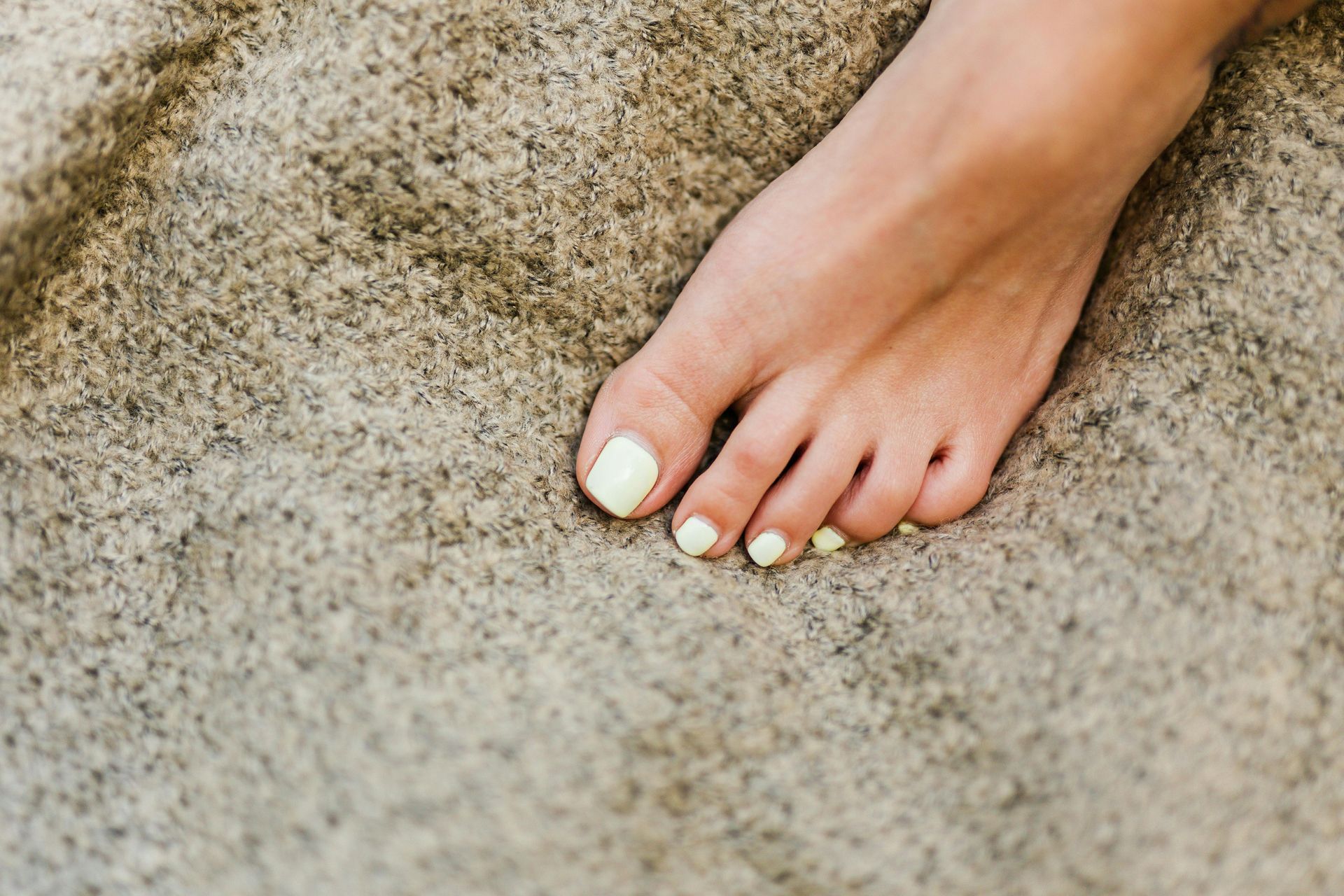Why did I walk in here?
Err..why did I walk in here again?
How many times a day does this happen to you?
You walk into a room…And…nothing. No idea why you’re there.
You stand there for a moment. Then turn around and walk back out of the door.
And then, as if by magic - ta-dah! You remember.
I know many of us assume this is a sign of impending dementia, or a sign we’re getting older.
Good news!
Cognitive scientists call it “the doorway effect” - meaning it’s real, it’s been studied and you’re not losing your marbles!
Phew!
Here’s what happens:
As you walk through a door, your brain treats it as a sort of event boundary (yeah, sort of similar to the event horizon in Stargate-SG1 #nerd)
As it processes the change in location, you temporarily forget what happened before the boundary (door), treating it as a previous event.
That way your brain can shift focus to the new environment.
It’s proof, if any were needed, that our brains can’t multitask - they just shift from one task to another.
And it’s why, when you re-trace your steps, you often remember what you were thinking about.
Still worried about brain health?
Yeah, I get it. Me too.
Dementias are a horrible way to go.
So what can we do about it?
Well, luckily (luckily??? Wow. I need to get out more), I’ve come across several articles and podcasts on this topic this week.
What puts you at risk for cognitive decline as you age?
Some risks are modifiable and some less so.
One of the biggest risks is whether your parents or grandparents died with dementia.
Another risk is being a woman - because, of course it is.
But, even if you’re a woman and your parents had dementia, it doesn’t mean it’s a dead cert for your future. There are definitely things you can do to mitigate your risk.
Move more!
A review of 16 studies found that exercise decreases dementia risk by 28% and Alzheimer’s risk by 45%. And this meta-study found any type of movement is good to reduce your risks, even if you've got a genetic predisposition:
- Exercise increases blood flow to the brain, reducing vascular dementia risks;
- It also promote the growth of new brain cells which support memory, learning and neural protection;
- Mobility, flexibility and balance focused activities (e.g. Pilates, PiYo, LiFT & FLex, Strength & Strength) reduce the risks of falls and associated complications which can lead to cognitive decline.
Want to be first to hear when spaces next open up in my Pilates classes? Click here.
If you're more interested in lifting weights, click here.
How much exercise should you do for brain health?
What’s good for your heart, is good for your bones and muscles, is good for your brain:
- At least 150 minutes/ week [22 mins a day!] of anything that gets you out of breath;
- plus a couple of weight-training sessions;
- and at least one mobility/ flexibility/ balance session.
Take care of your gut health
Recent research is starting to identify the role of inflammation as a major factor in cognitive decline. So, what can we do to reduce inflammation in the body?
Recent research indicates that a lot of the modern food we eat can create gut dysbiosis (i.e. it’s not happy!) which in turn increases inflammation.
What makes our guts unhappy?
- Added sugars and refined carbs;
- Low fibre foods and limited probiotic intake;
- Artificial additives and pre-packed UPF.
Obvs, I am not saying you can’t ever eat these things.
An 80/20 approach to your diet allows you to still enjoy the occasional treat.
Eat more...
So, what can you add to your diet to reduce inflammation and reduce the risks of dementias?
- More minimally processed plant-based foods. This can include fresh, frozen or tinned.
- For preference, add lots of different coloured plant-based foods to get as many phytonutrients as possible.
- More prebiotics - fibre-rich foods like beans, pulses and legumes
- More probiotics - this can include things like live yoghurt and fermented foods (e.g. kimchi, sauerkraut).
- More essential-fatty acids from oily fish (preferably wild caught because farmed fish tend to be given a lot of antibiotics, which really upset your gut. Krill supplements are also good).
One recent review of studies identified that increasing all of these over a period of 6 months, resulted in a significant improvement (50%!) in cognitive health.
In Summary..
Move more, eat more foods that keep your gut happy!
See you on the mat










